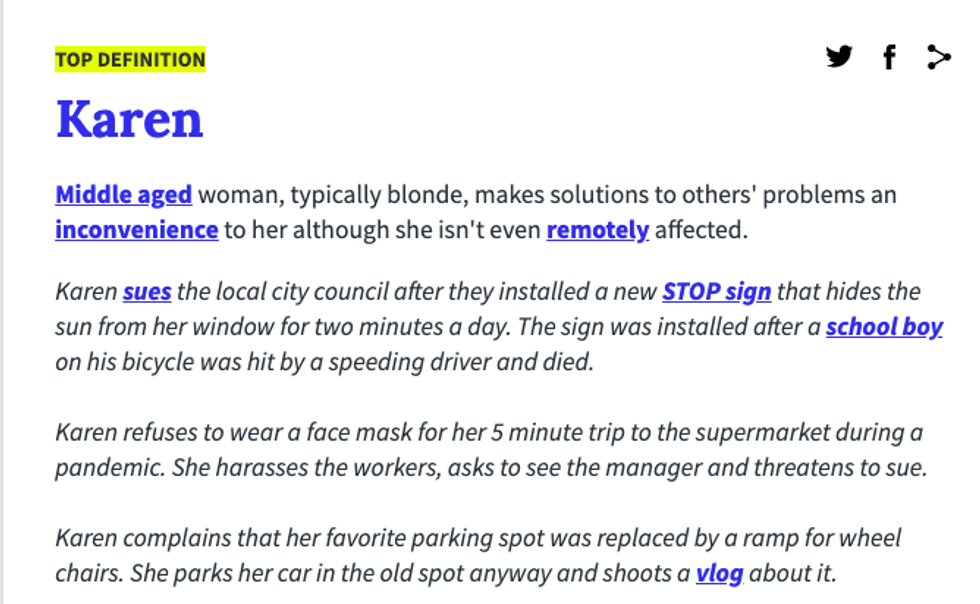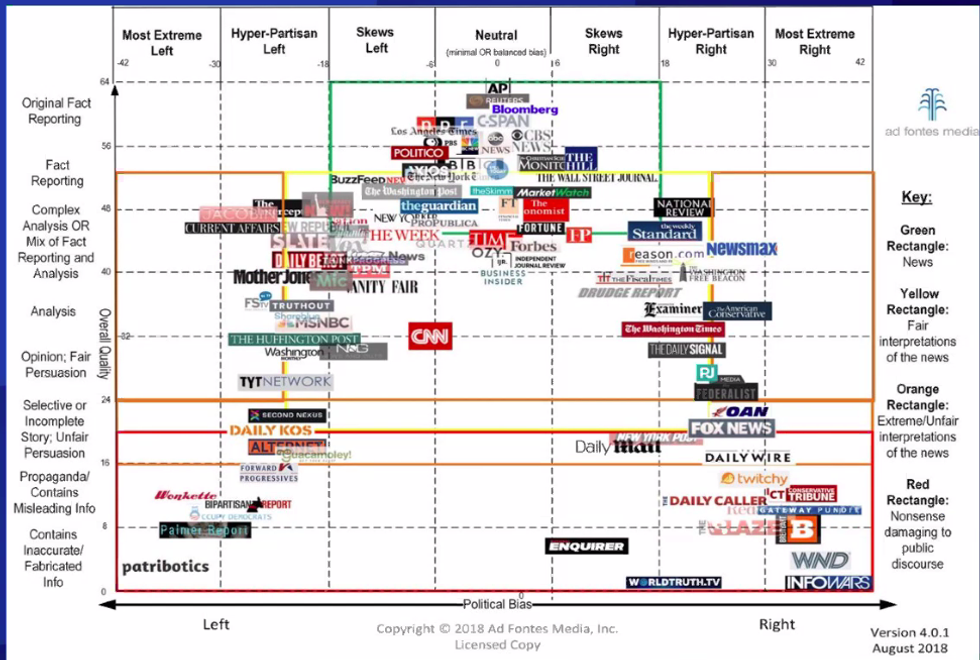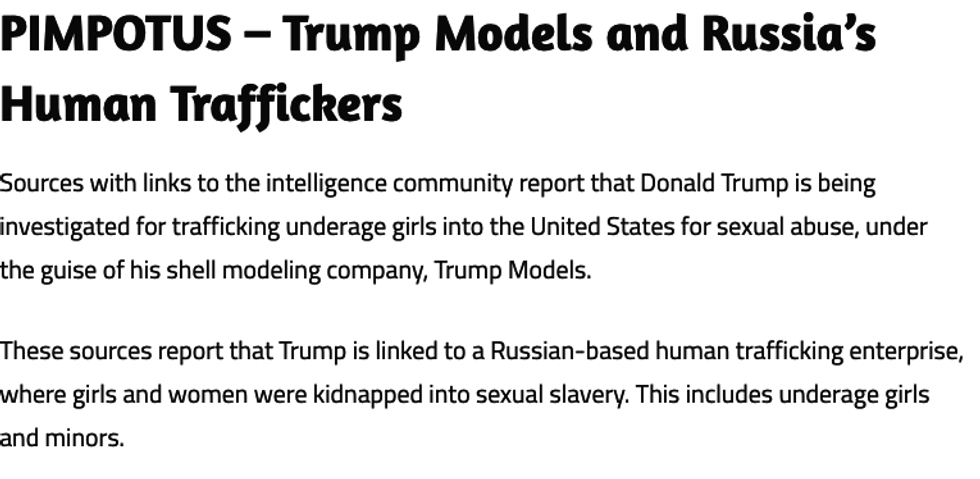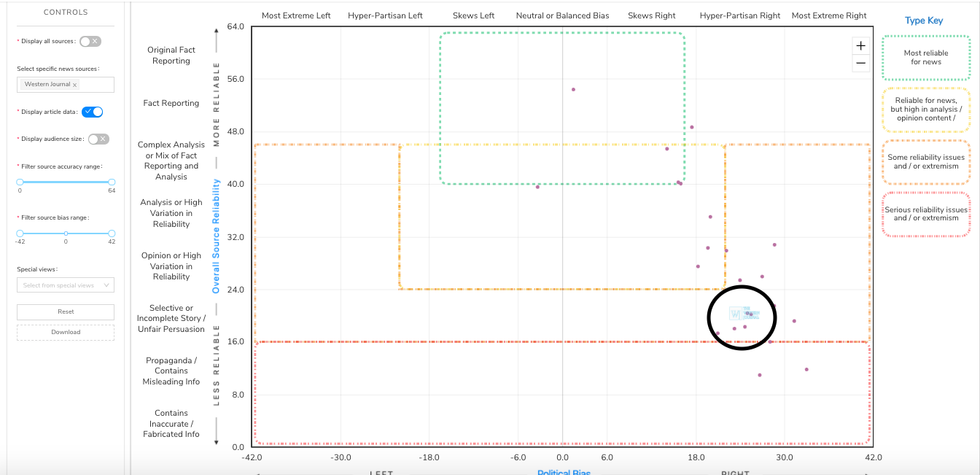If the headline of this article made you feel like I stepped on your toes, good. Keep reading. Just so we're clear on the definition of Karen, here's a resource. It's not a valid resource, but in terms of a slang dictionary, Urban Dictionary is reliable.

Now that we've gotten that out of the way, let's discuss the way scrolling through Facebook has probably made anyone feel lately. If it's not a combination of "AAAAAHHHH" or "WHATTHEHECK" or "WHYWHYWHYWHY" or "nonononono", then you are one of the lucky ones. Lately, my entire FEED has been populated with politics. Now, a little background about me, I'm an enneagram type 9 and my last instinct is to engage in any conflict. However, if the matter is messing with my inner peace, I will engage in conflict to keep my internal peace in check. So, with that being said, nothing grinds my gears more than misinformed articles being BROADCASTED to the world of Facebook, Twitter, Instagram.. you name it.
For example, a slideshow:
Regardless of where you get your information, remember that we become what we behold. If you are consistently getting your information from a source that is heavily leaning left, then of course you'll vote with the democratic party. If you're always watching Fox News every morning, you'll most likely be voting right. It's not hard to realize that the media has a direct impact on our thought process and how we treat other human beings because of our political opinion.
Now that you've seen a few examples of what not to post, you might be asking yourself, how can I be an informed person on social media?
1. Before posting, if you see an article headline that has extreme vocabulary, fact check it on a neutral news outlet or source.
Before you retweet, repost, or respond to an article- make sure it's coming from a valid news source! The posts above came from Western Journal and Newsmax. Have you heard of those websites? Of course not. They might just be internet bots for all that you know. Usually, the source alone will tell you if it is a bias piece of writing. New York Times has an entire section dedicated to going through articles and the presidential debates and fact-checking them all. Also, a few neutral news outlets include BBC, C-SPAN, PBS, Bloomberg, abc News, and AP News.
2. Google a question in incognito mode.
Did you know that our browsers track our online history and the information that we tend to consume? If you have a political question, open an incognito-mode window to see if you get different search results than you would on a normal browser. Our computers collect more information than you think.
3. When you see a post that has not come from a valid news source, kindly reach out/ report it.
You can either comment on whoever has posted the misinformed article and ask them to take it down or on Facebook you can report the post for false news. I tend to simply report articles for false news since they don't help anyone.
4. Watch out for biases.
Biases are dangerous. We're all opinionated adults, but a lot of the time there are hidden (or not so hidden) biases that are attached to news articles. Again, stay in the neutral zone to get reliable information.
5. Before you post, think to yourself "Would I be proud to have this on my headstone when I die?"
Is it morbid, kind of? But truly, do you want people to remember you in light of what you've been posting on social media because of the election?
6. When in doubt, stick to the chart.
Or the website, explaining the chart. On the website, you can search for any news outlet to see where it falls on the chart.

For example, here's a screenshot from the Western Journal that was mentioned earlier. The black circle is where it falls on the chart, and our aim as informed members of society is to be in the green box. Is it the worst source? No, there are more tragic sources that are producing bogus information. But folks, it's very low on the scale. Be careful out there, social media is a dangerous place.
























